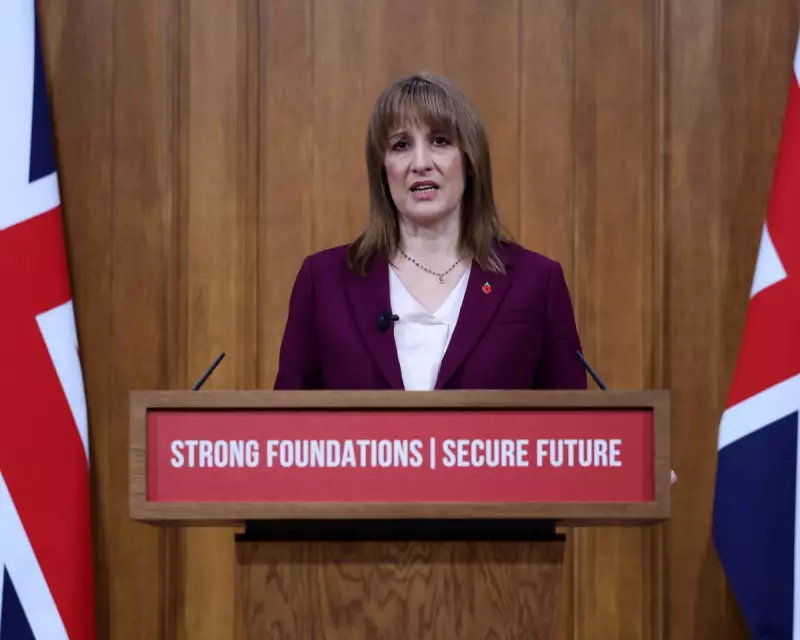
In a scene more reminiscent of a technical rehearsal than a major parliamentary event, Chancellor Rachel Reeves found her crucial budget speech repeatedly interrupted by an unwelcome guest: persistent white noise that echoed through the House of Commons.
The embarrassing technical malfunction occurred just as the Labour Chancellor began outlining her fiscal plans, forcing multiple pauses and creating a chaotic atmosphere in what should have been a carefully choreographed political moment.
Commons Descends into Audio Chaos
As Reeves attempted to deliver what many consider the most important speech of her political career, a steady stream of white noise began emanating from the chamber's audio system. The interference grew so disruptive that Commons Speaker Tulip Sadiq was forced to repeatedly intervene, asking officials to 'stop the noise' as MPs struggled to hear the Chancellor's words.
The situation became increasingly farcical as the audio issues persisted, with Conservative MPs appearing to find amusement in their opposite number's predicament. One Tory MP was overheard quipping about the situation, highlighting the political embarrassment unfolding for the government.
Speaker Forced to Intervene Multiple Times
Speaker Sadiq's frustration became increasingly evident as the disruptions continued. 'Can we stop the noise, please? We can't have this noise going on while the Chancellor is speaking,' she implored parliamentary staff at one point.
The interruptions came at the worst possible moment for Reeves, who was attempting to build momentum for what she had billed as a 'budget for growth' aimed at stimulating Britain's economy. Instead, the Chancellor found herself fighting against both political opposition and technological failure.
Political Fallout and Symbolism
Beyond the immediate embarrassment, the incident raises serious questions about the House of Commons' technical capabilities and preparedness for major events. The timing couldn't have been worse for a government seeking to project competence and control.
Political commentators were quick to note the symbolic significance of the disruption, suggesting that the white noise incident might come to represent broader challenges facing the government's economic message.
As the government works to regain its footing, the 'white noise budget' will likely be remembered as much for its technical difficulties as for its economic content, serving as a stark reminder that even the most carefully laid political plans can fall victim to unexpected disruptions.





